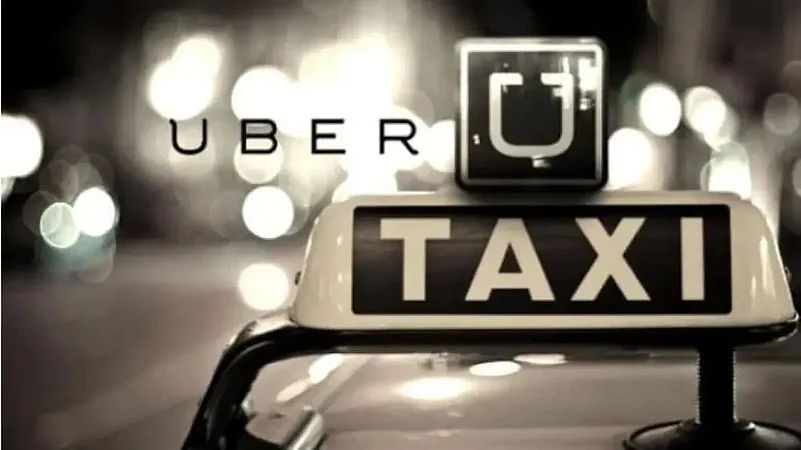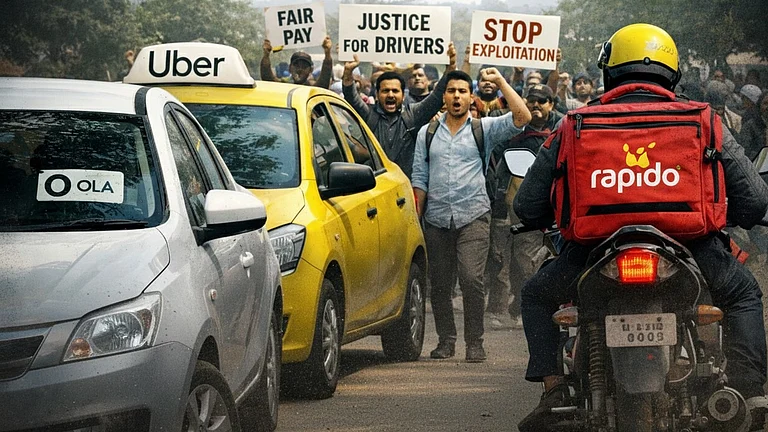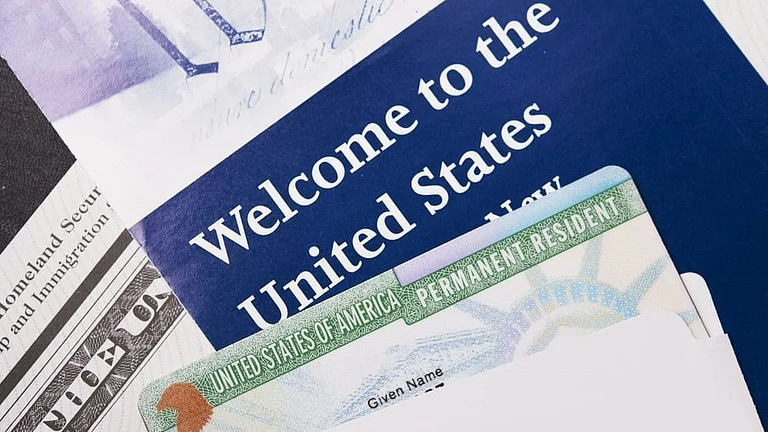Consumer Affairs Minister Pralhad Joshi has instructed the Central Consumer Protection Authority (CCPA) to begin probe the ride-hailing platforms like Ola, Uber for alleged differential pricing tactics, calling it “unfair trade practices”. In a post on X (formerly Twitter), he termed these tactics a “blatant disregard” to consumers’ right for transparency.
The minister asked Consumer Protection to submit a detailed report on the matter as soon as possible. “Zero tolerance for consumer exploitation!! This Prima Facie looks like unfair trade practice where the cab-aggregators are alleged to be using differential pricing based on the factors mentioned… I have directed @jagograhakjago through CCPA to conduct a detailed inquiry into this and submit a report at the earliest,” he wrote.
Joshi’s instructions for probe came after a user on LinkedIn highlighted a significant price difference while booking the same trip on Uber via Android phone and an iPhone. The post sparked controversy on social media platforms. However, Uber dismissed the practice saying “the observed fare differences were due to the type of phone used”.
“Hi there, multiple differences in these two rides impact the prices. The pick-up point, ETA, and drop-off point on these requests vary, which will cause different fares. Uber does not personalize trip pricing based on a rider’s cell phone manufacturer,” Uber said in an official statement.
Read More | Uber Launches 'Uber One' Membership Program
Not only Uber, CCPA also launched a detailed probe into thousands consumer complaints filed against electric vehicle maker Ola Electric.CCPA's Crackdown on Quick Commerce
CCPA's Crackdown on Quick Commerce
Besides ride-hailing platforms, Joshi also directed the consumer protection body to look into similar instances across other sectors like online ticketing, food deliveries, etc. A few month back, CCPA also initiated a crackdown on several e-commerce and quick commerce platforms, including Blinkit, Zepto, Meesho, Swiggy Instamart, Meesho, MyGlamm, Snapdeal, and others.
Reportedly, the notices were sent to these companies in response to complaints alleging violations of Mandatory Declaration Rules under the Legal Metrology Act.
Despite this crackdown, the quick commerce sector witnessed a boom in India this year and expected to grow more in 2025. These companies have not only drawn investors’ interest, but also increased competition with ecommerce platforms and start-ups entering the space. The 10 or 15-minute delivery model has also helped FMCG companies like Dabur, Hindustan Unilever, and others in boosting their sales.































